
Russell Brand Faces Legal Proceedings Amid Rape and Sexual Assault Allegations
As the public remains captivated by celebrity legal battles, Russell Brand finds himself at the center of widespread media attention. The comedian and actor, known for his outspoken nature, is embroiled in serious legal proceedings concerning allegations of rape and sexual assault. With accusers coming forward to recount experiences spanning from 2006 to 2013, the claims have sparked extensive investigation and public debate. In this article, l delve into the allegations against Russell Brand, the ongoing legal process, and the broader implications for the entertainment industry.
Understanding the Allegations
The allegations against Russell Brand, involving multiple women who have come forward, are both severe and significant. At least four individuals have accused Brand of misconduct, detailing incidents of rape, sexual assault, and emotional abuse during the height of his career. These accusations cover a period from 2006 to 2013, a time when Brand was a prominent figure in the entertainment world, known for both his comedic talent and controversial behavior.
Law enforcement agencies are actively pursuing these allegations, making it a high-profile celebrity legal case. These investigations are crucial in determining the veracity of the claims and ensuring that justice is served for all parties involved.
Russell Brand’s Public Response
In response to these serious accusations, Russell Brand has come forward to deny all allegations of wrongdoing. He maintains that all relationships during the specified period were entirely consensual. Brand’s public response has been met with varying reactions, sparking debates on social media and in public discourse about consent, power dynamics, and accountability in the entertainment industry.
The Legal Process and Implications
As the investigation into Russell Brand’s alleged actions continues, the legal proceedings are expected to be extensive and detailed. This case contributes to ongoing discussions about sexual misconduct and the treatment of such allegations in the world of celebrity. Additionally, this case underscores the importance of a robust legal defense and the role of media coverage in shaping public perception.
Media Coverage and Public Opinion
The Russell Brand legal issues have attracted significant media attention, captivating audiences and driving conversations about celebrity scandals in 2023. Public opinion is divided, with supporters and critics weighing in on Brand’s innocence or culpability. This dialogue reflects broader societal discussions about justice, accountability, and the power of public narratives.
Key Takeaways
- Russell Brand faces serious allegations of rape and sexual assault involving multiple accusers.
- Brand denies all allegations, asserting that relationships were consensual.
- The case highlights ongoing issues of sexual misconduct in the entertainment industry.
- The media coverage underscores the complexity and sensitivity of celebrity legal battles.
- Public opinion on the case is sharply divided, reflecting broader societal concerns.









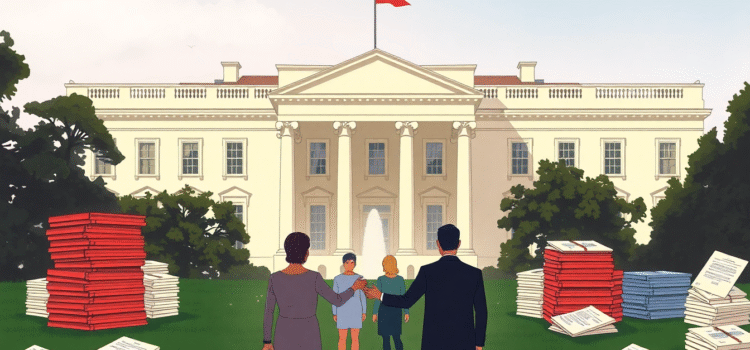

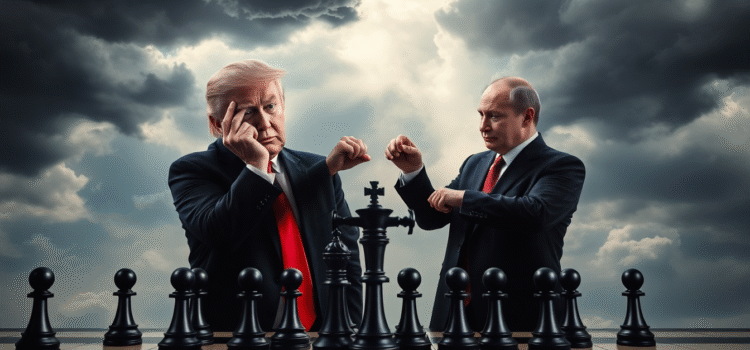

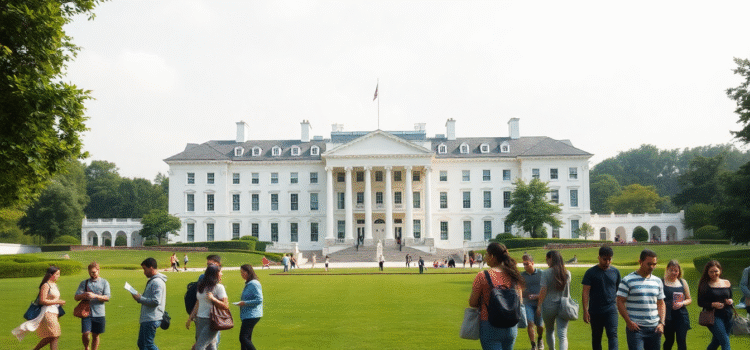

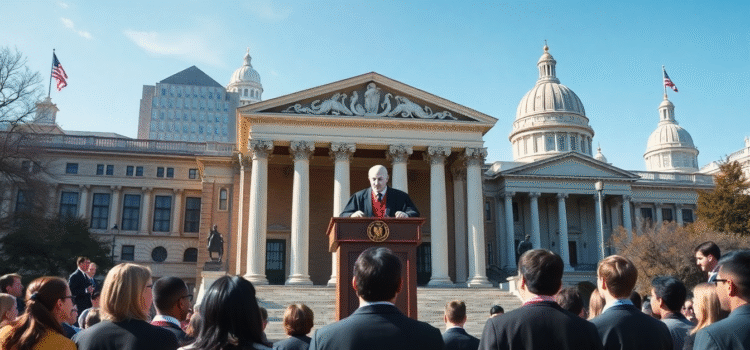


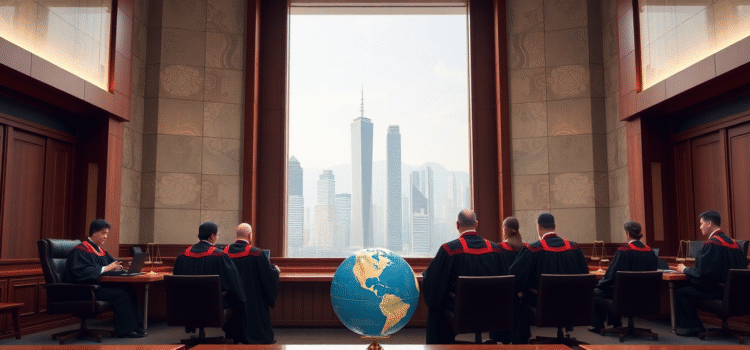

Comments